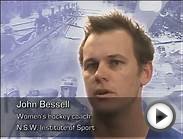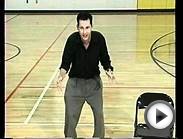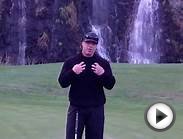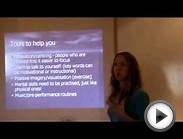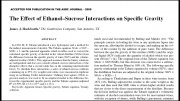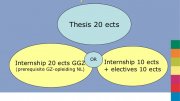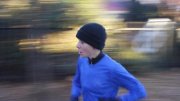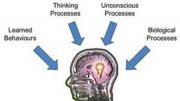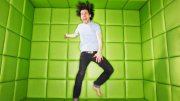 (1) The clinical/counseling sport psychologist is a person trained in clinical or counseling psychology and may be a licensed psychologist. They may possess a MS or Ph.D. or Psy.D. Generally, these individuals also have a deep interest in the athlete and his or her experiences. These experiences can lead to high stress levels that can be counterproductive to performance. In worst case scenarios, maladaptive behaviors can result (problems with alcohol, drugs, gambling, domestic violence, etc.). Therefore, these sport psychologists are individuals who are well-prepared to deal with emotional and personality disorder problems. Training for the clinical/counseling sport psychologist will often include coursework and experience in sport psychology from programs in physical education and/or human performance.
(1) The clinical/counseling sport psychologist is a person trained in clinical or counseling psychology and may be a licensed psychologist. They may possess a MS or Ph.D. or Psy.D. Generally, these individuals also have a deep interest in the athlete and his or her experiences. These experiences can lead to high stress levels that can be counterproductive to performance. In worst case scenarios, maladaptive behaviors can result (problems with alcohol, drugs, gambling, domestic violence, etc.). Therefore, these sport psychologists are individuals who are well-prepared to deal with emotional and personality disorder problems. Training for the clinical/counseling sport psychologist will often include coursework and experience in sport psychology from programs in physical education and/or human performance.
(2) The educational sport psychologist is an individual who has mastered the knowledge base of sport psychology and serves as a practitioner. Most sport psychologists who receive their training through departments of physical education, human performance, sport and exercise science, etc. consider themselves to be educational sport psychologists. They then use what they have learned and use it in the applied setting. They teach the correct principles of sport and exercise psychology to athletes and coaches. They help athletes to develop psychological skills that can lead to optimal performance by the athlete.
(3)The research sport psychologist will usually find an occupation within the academic setting. These scientists/scholars understand the importance of extending the sport psychology knowledge base. What is learned in research laboratories will hopefully lead to better techniques that can be applied to today's athletes. It also allows for the practicing sport psychologist to enjoy professional credibility. (see Cox, 2007 for detailed outline).
Source: www.adams.edu
You might also like:
